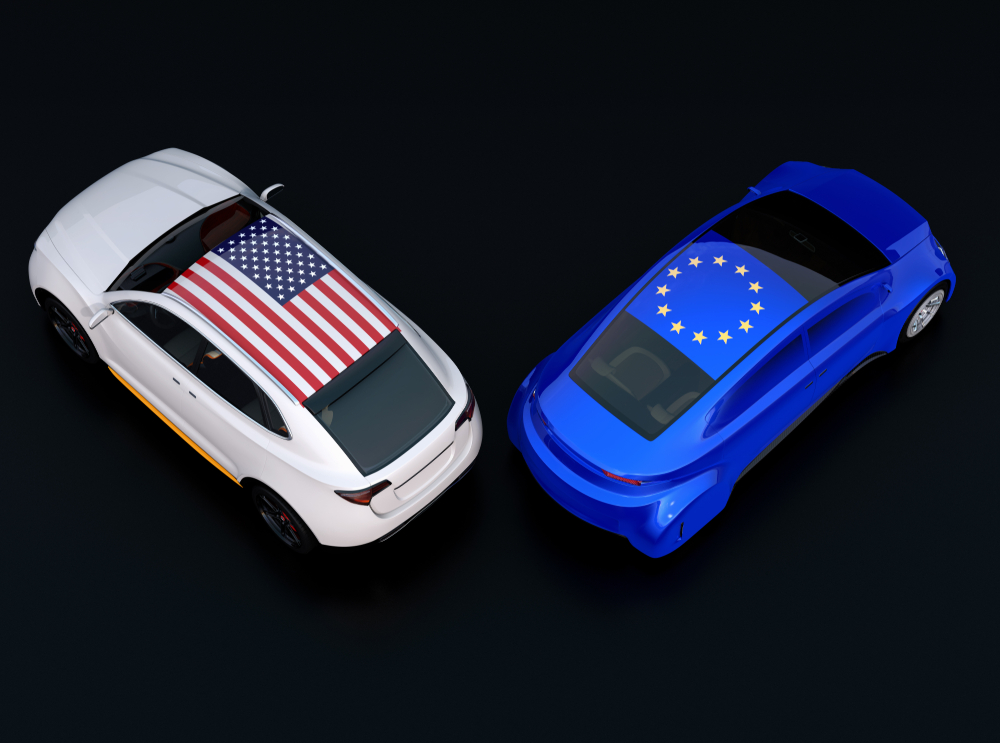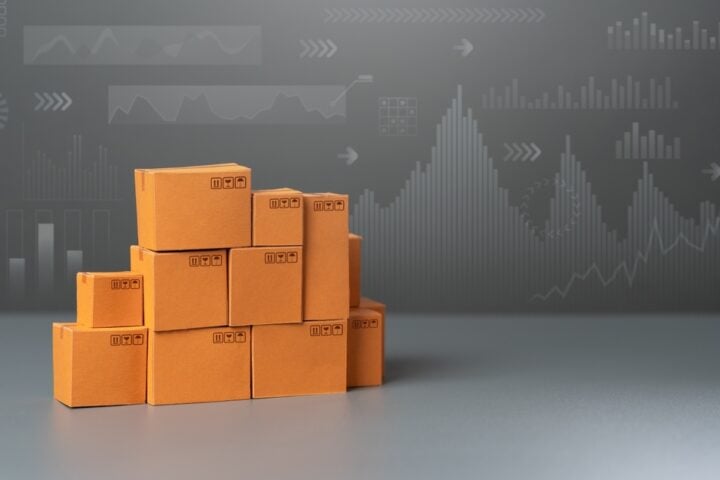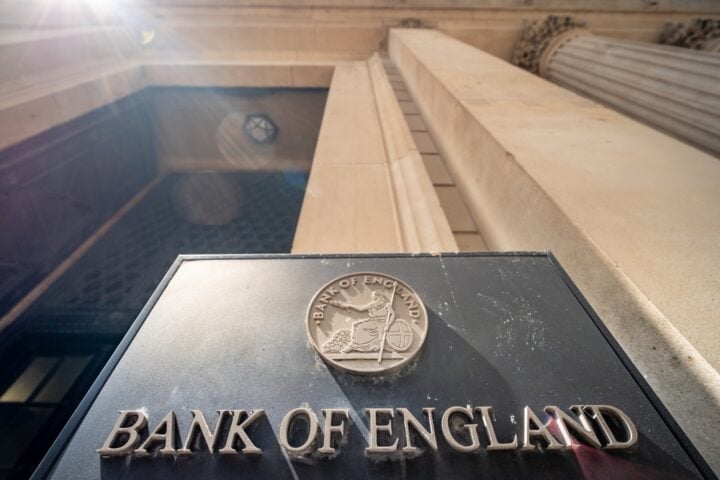Tariff Impacts on U.S. and Imported Vehicles
A Michigan-based economic consulting group, Anderson Economic Group, reported Thursday that U.S. automakers will continue to face significant price impacts despite the softened auto parts tariffs recently imposed by the White House and retaliatory tariffs from foreign governments. The group’s analysis suggests that U.S.-assembled vehicles, such as the Honda Civic, Honda Odyssey, Chevy Malibu, Toyota Camry Hybrid, and Ford Explorer, will experience price hikes ranging from $2,000 to $3,000 per vehicle.
Imported Vehicles Hit Harder by Tariffs
Imported vehicles, especially those assembled in Europe and Asia, are expected to bear even heavier tariff burdens. According to the report, vehicles like the Mercedes G-Wagon, Land Rover and Range Rover models, certain BMW models, and the Ford Mach-e could see tariff-related price increases between $10,000 and $12,000. These impacts are especially pronounced for full-size luxury SUVs, electric vehicles (EVs), and other premium vehicles that rely on global supply chains.
Economic Strain on Consumers and Automakers
The analysis underscores the ongoing financial strain on both consumers and automakers, as these tariff-induced price hikes add to the already high costs associated with vehicle production and supply chain disruptions. While the White House’s move to soften some auto parts tariffs might offer partial relief, the overall impact on vehicle prices continues to be a challenge for both domestic and imported vehicles.
Broader Implications for the U.S. Auto Market
The Anderson Economic Group’s findings highlight how the trade war and tariff policies are reshaping the U.S. automotive market. While domestic manufacturers might see more manageable price increases, foreign automakers are facing substantial additional costs, which could result in higher retail prices for consumers. The shift in pricing dynamics could further affect vehicle affordability, especially as high tariffs continue to impact the broader auto industry.







